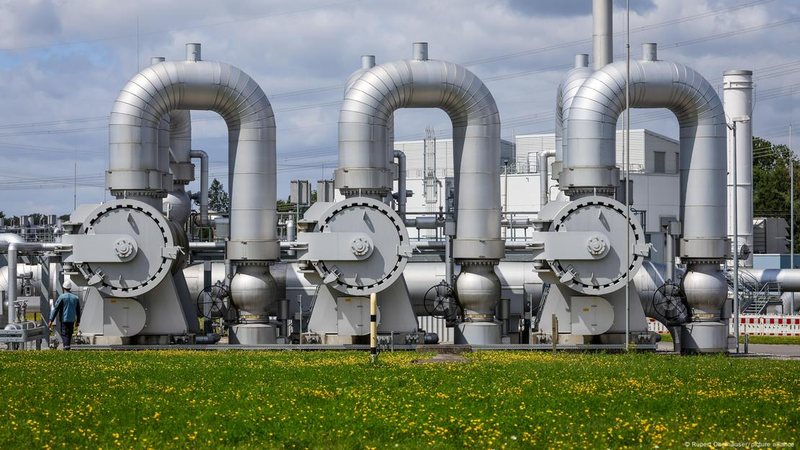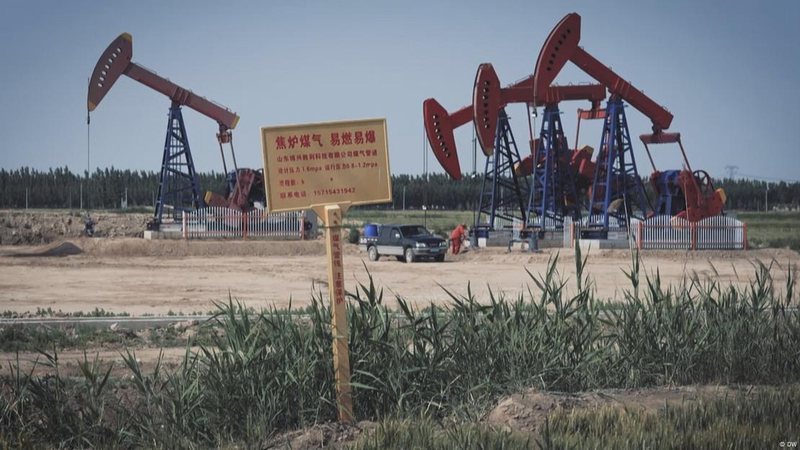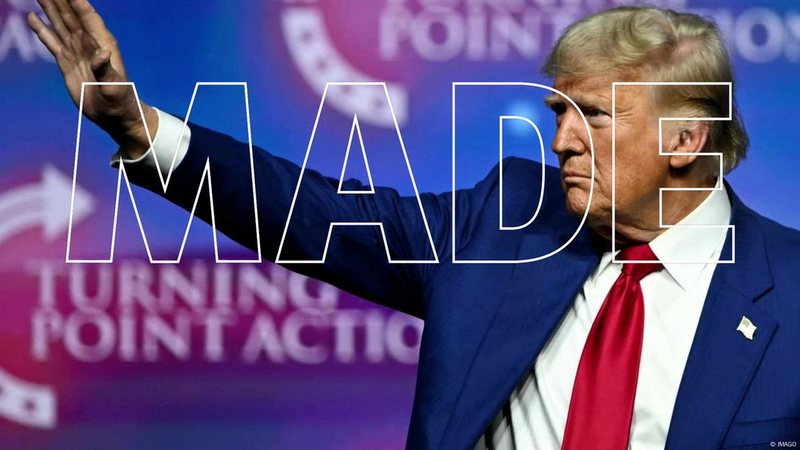
Germany has been in recession for two years. Businesses believe that a radical economic and political change is needed after the upcoming federal elections. What does the German economy want from the new government in Berlin?
Lower energy costs, fewer taxes, more financial incentives for investment. More flexible labor law. Freezing social spending. And above all, less bureaucracy. These are the things that the German economy is demanding from the next federal government. "The economy is in decline. The unemployment rate is rising. Germany is becoming less and less attractive for investors," says Rainer Dulger, president of the Employers' Association, about the current situation in Germany.
There is a shortage of skilled workers, he complained. The level of regulations and bureaucracy has increased in recent years, as have labor costs and other benefits for companies, Dulger criticized. "A country that is becoming increasingly expensive to invest in must be increasingly better if it wants to be an attractive place for investment. But Germany is not like that. The Federal Republic is no longer competitive in global comparisons," is Dulger's diagnosis.

The role of industry in Germany
The country's economic strength is based mainly (more than 25 percent) on industry. After two years in recession, the Federal Association of German Industry (BDI) claims that production in companies is lower today than it was five years ago. Similar negative news comes from other sectors. Everywhere in Germany less is being produced, less is being built, less is being bought and consumed.
Economic experts advising the federal government say in their current annual analysis that they have observed a continuous decline that extends across all industries and sectors. Particularly worrying: Germany is exporting less and less.
For decades, the German model was based on a simple formula: raw materials and semi-finished products were purchased relatively cheaply abroad, then with the help of German labor skills and cheap energy, they were "processed" into technology that bore the world-renowned label "Made in Germany."
Russian aggression against Ukraine, the energy crisis, inflation and the transition to a climate-neutral economy have resulted in rising energy prices. This is a problem especially for companies that consume a lot of energy. The most important economic sectors such as mechanical engineering and electrical equipment have been affected the most. While the chemical industry, after a significant decline in 2023, has stabilized at a low level, experts say.

Moving companies abroad
The economy needs a significant reduction in electricity prices to become competitive again. At the top of the wish list is also the demand for reducing bureaucracy costs. The Munich Ifo Institute speaks of a sum of 65 billion euros per year – this is the money that German companies have to spend to fulfill various legal obligations, for example regarding business documentation, or fulfilling the prerequisites for the approval of new projects.
The situation in companies is bad and many of them are looking to invest abroad, looking for attractive alternatives there. A DUI survey says that around a third of the companies surveyed have moved their research and development departments abroad. The head of the DUI, Peter Leibinger, warns that this migration is threatening Germany as a destination for economic activity - "to the core", as he put it.
Message to politics
The initiative, which brings together around 100 business and lobby associations, demands nothing less from the next federal government than a complete turnaround in economic policy. On a big day of action on January 29th, the initiative has planned various actions throughout Germany, in which companies want to raise public awareness of the problems they face and send demands to politicians. With this action, the economy is sending a message to politics: "Wake up to politics." The elections on February 23rd are "decisive," the campaign organizers claim.
The head of the Employers' Association, Dulger, has sent a letter with clear positions to the leaders of the parties represented in the Bundestag, together with the heads of the four largest business associations in the country. They are demanding that incentives for businesses in rural areas be strengthened after the elections. And according to them, this means investments in equipment, digitalization, transport and infrastructure – but also housing policy, health, education, culture or social institutions.
In current public opinion polls, the economy and migration are the two most important topics for German citizens. The CDU/CSU parties have the greatest competence, or the greatest trust among citizens that they can solve these problems. In the polls, it is the Union and its candidate for chancellor Friedrich Merz who enjoy the trust of the majority of voters, around 30 percent. To form a government, the Union will need one or two coalition partners. It could be the SPD or the Greens.

The arrival of Trump
During coalition negotiations to form a new federal government, the party-political beliefs of potential partners will not be the only thing that will matter. External influences, especially global changes following Donald Trump's return to the White House, are expected to play a major role.
German companies are looking across the Atlantic with concern. In 2024, the US was Germany's most important trading partner for the first time in ten years. About ten percent of German exports went to the US.
Most German companies expect negative effects on international market competitiveness because Trump, as he has warned, wants to control trade and impose higher tariffs on goods from other countries. The US market is of key importance for the German pharmaceutical industry, but also for car manufacturers.
Germany sells more to the US than it buys from it. This fact is a thorn in the side of Donald Trump, who aims to reduce the trade surplus with Germany, while at the same time wanting to attract German companies to invest and produce even more in the US. /DW/ (A2 Televizion)














